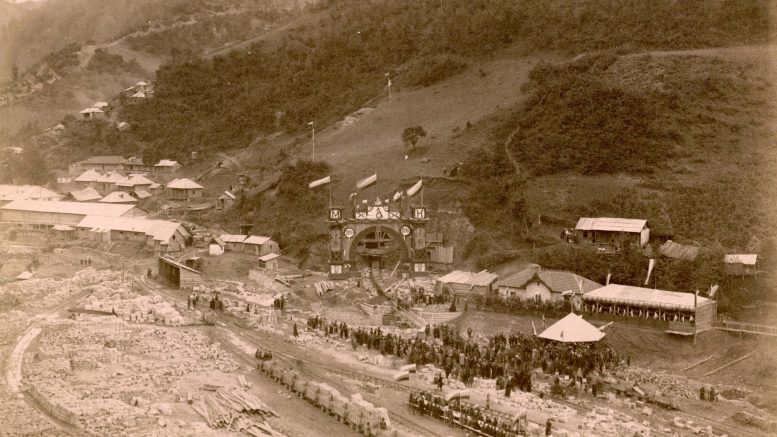In 1924 a rebellion against Bolshevik rule broke out in western Georgia. The opening shots were fired in the manganese mining town of Chiatura, which had for years stood at the centre of working class struggles in the country. The miners were loyal to the Social Democratic Party, which had been ousted from power by a Red Army invasion three years earlier. The rebellion spread across the country, leading both Stalin and Zinoviev to declare that it constituted a threat even greater than the 1921 Kronstadt rebellion. The fact that miners stood at the forefront of a fight against a “workers’ government” was not lost on the Bolshevik leaders.
Ninety nine years later, the manganese miners of Chiatura are once again in the news.
Their employers, Georgian Manganese, announced earlier this year that due to a slump in worldwide demand for the mineral, the mines would be closed temporarily. Workers’ pay was cut by 60%. The company claims have since been challenged, as it appears that manganese exports continue to represent a significant part of the Georgian economy. And the miners themselves don’t trust their employers.
By late May, the company began recalling workers to the mines. The good news was tempered by new conditions imposed by Georgian Manganese. The workers could have their jobs back, but they’d have to dramatically increase their productivity, extracting 40% more ore from the ground — or have their pay cut. This triggered a strike by some 3,000 miners beginning in early June.
As the company refused to meet the workers’ demands, protests were ramped up in the town of Chiatura. Ten of the workers went on hunger strike. Several sewed their mouths shut in protest. The images of these extreme protests shocked the country.
By late June, many of them arrived in the national capital, Tbilisi, where they were met by considerable public sympathy, especially from young people who had been involved in pro-democracy protests earlier this year.
The workers have put forward 24 demands, including increased pay, paid holidays, sick leave, better meals and more. Many of the demands focus on health and safety, which is a key issue for miners all over the world. As one miner put it, “The reason for the protest is the following: when we go into the mine, we don’t know if we will leave it alive. No one knows. When we leave our families for work, they don’t know if we are going to return — they worry about us.”
The arrival of the miners in Tbilisi brought them some unwanted attention as well. Several well known figures on the Georgia far Right — people implicated in homophobic attacks and assaults on journalists — have come to show their “solidarity” with the miners. They used the opportunity to denounce young Georgians who did not conform to their standards of what a heterosexual, Christian man should look like. The miners did not welcome their new “friends” with open arms.
There are signs that the employers may be backing down. They said they were prepared to drop the productivity demands, and promised a 5% increase in pay. But the miners are demanding 40% and have not accepted the offer. Meanwhile, the mines are closed and the strike continues.
This article appears in this week’s issue of Solidarity.https://www.workersliberty.org/files/2023-06/678_Online.pdf
